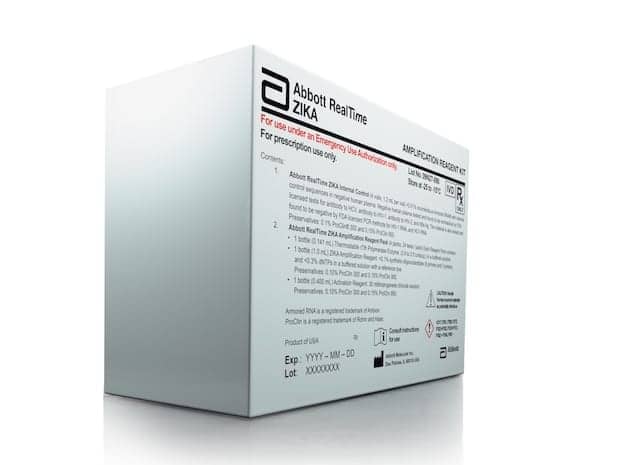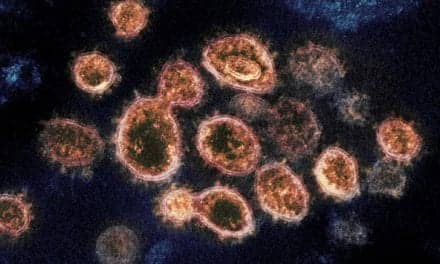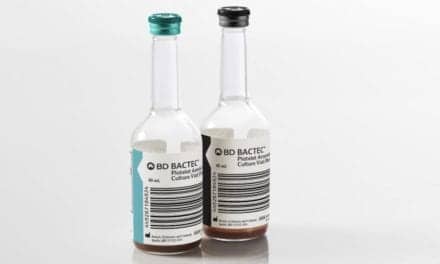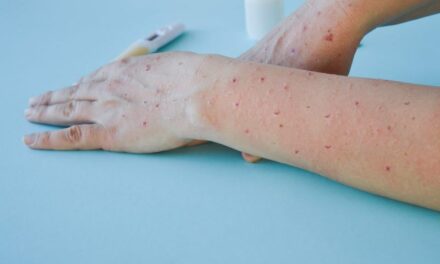FDA has granted emergency use authorization (EUA) to the RealTime Zika test from Abbott, Abbott Park, Ill, for use by authorized laboratories. The molecular test is authorized to detect Zika virus RNA in blood plasma, serum, and urine samples when collected alongside a patient-matched serum or plasma sample, and can provide results within 5 to 7 hours.
According to the US Centers for Disease Control and Prevention (CDC), more than 4,000 people who live in the United States have been infected with Zika, primarily during travel outside the United States. Nearly 33,000 additional infected individuals reside in US territories, mainly in Puerto Rico.1 Zika virus is spread to people primarily through bites from infected mosquitoes, but can it also be passed through sexual transmission, or from pregnant women to their fetuses.2
People who are infected with the Zika virus may not experience any symptoms, or may have only mild symptoms that last a few days to a week.2 CDC recommends that individuals displaying potential signs of Zika infection undergo molecular testing, using urine specimens in parallel with plasma or serum specimens, up to 2 weeks after a possible Zika infection.3
“Diagnosing a Zika infection can be challenging,” says John Hackett, PhD, divisional vice president for applied research and technology in the diagnostics products unit at Abbott. “Abbott’s molecular test uses the CDC’s recommended sample types and can distinguish Zika from other viruses such as dengue or chikungunya, which helps doctors make informed diagnoses to help people get treated and get back to better health.”
The Abbott Realtime Zika assay has not been cleared or approved by FDA, and is authorized for use only for the duration of the Department of Health and Human Services declaration that circumstances exist justifying emergency use of in vitro diagnostic tests for the detection or diagnosis of Zika virus infection.
The Abbott test has been authorized only for the detection of RNA from Zika virus and diagnosis of Zika virus infection—not for any other viruses or pathogens. It is designed for use on the m2000 RealTime system, the company’s molecular diagnostics instrument used in hospital and reference labs in the United States and around the world. The test is highly sensitive and automated, allowing people who work in the lab to be more efficient and spend less time preparing and handling samples, thereby reducing the chances of contamination and increasing speed to diagnosis.
In addition to receiving EUA status for its Zika test, Abbott is pursuing several research and development projects to help address testing needs related to the current Zika outbreak.
Existing tools to detect Zika and other tropical diseases are laboratory-based and require reliable power sources; but often, testing is needed in remote areas where there are no labs. To address this issue, the US Defense Advanced Research Projects Agency has awarded a contract to Abbott to develop a testing panel for Zika and multiple tropical fever pathogens for use on its investigational handheld mobile analysis platform (MAP), a portable, battery-operated device that could be used wherever testing is needed.
Through a grant from the US Agency for International Development, Abbott is exploring development of a serology test designed not to crossreact with other tropical disease antibodies.
For more information, visit Abbott.
REFERENCES
- Case counts in the US [online]. Atlanta: Centers for Disease Control and Prevention, 2016. Available at: www.cdc.gov/zika/geo/united-states.html. Accessed December 3, 2016.
- Symptoms [online]. Atlanta: Centers for Disease Control and Prevention, 2016. Available at: www.cdc.gov/zika/symptoms/symptoms.html. Accessed December 3, 2016.
- Guidance for US laboratories testing for Zika virus infection [online]. Atlanta: Centers for Disease Control and Prevention, 2016. Available at: www.cdc.gov/zika/laboratories/lab-guidance.html. Accessed December 3, 2016.






